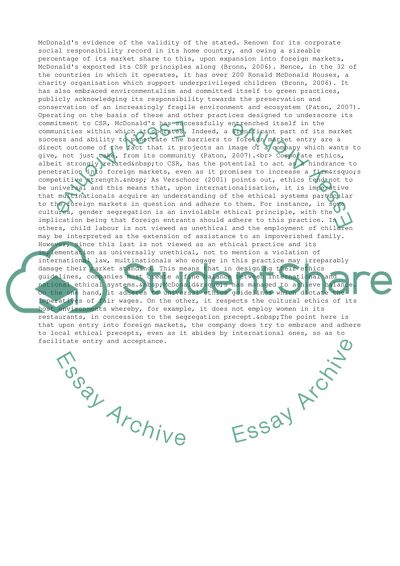Cite this document
(“Issues and controversies in management project Case Study”, n.d.)
Issues and controversies in management project Case Study. Retrieved from https://studentshare.org/business/1518957-issues-and-controversies-in-management-project
Issues and controversies in management project Case Study. Retrieved from https://studentshare.org/business/1518957-issues-and-controversies-in-management-project
(Issues and Controversies in Management Project Case Study)
Issues and Controversies in Management Project Case Study. https://studentshare.org/business/1518957-issues-and-controversies-in-management-project.
Issues and Controversies in Management Project Case Study. https://studentshare.org/business/1518957-issues-and-controversies-in-management-project.
“Issues and Controversies in Management Project Case Study”, n.d. https://studentshare.org/business/1518957-issues-and-controversies-in-management-project.


